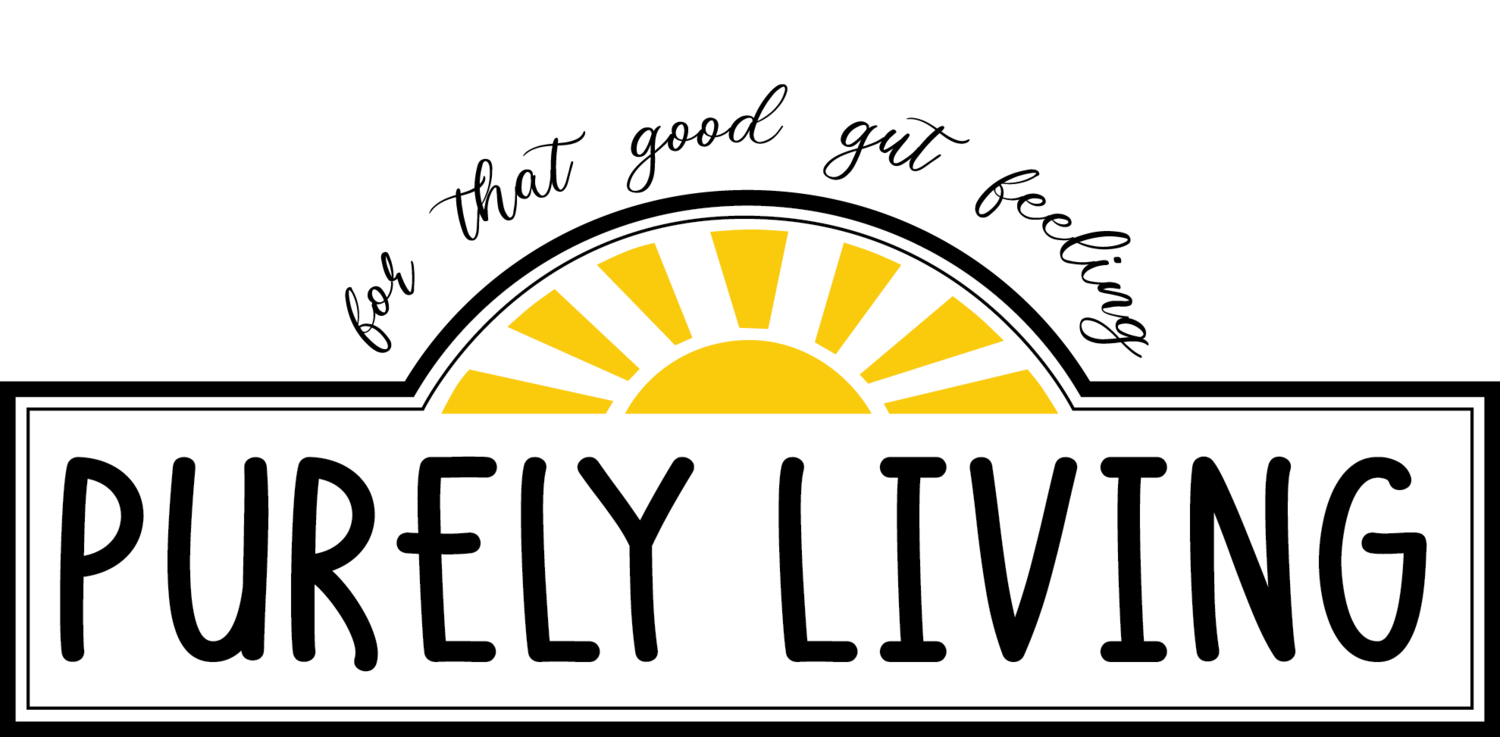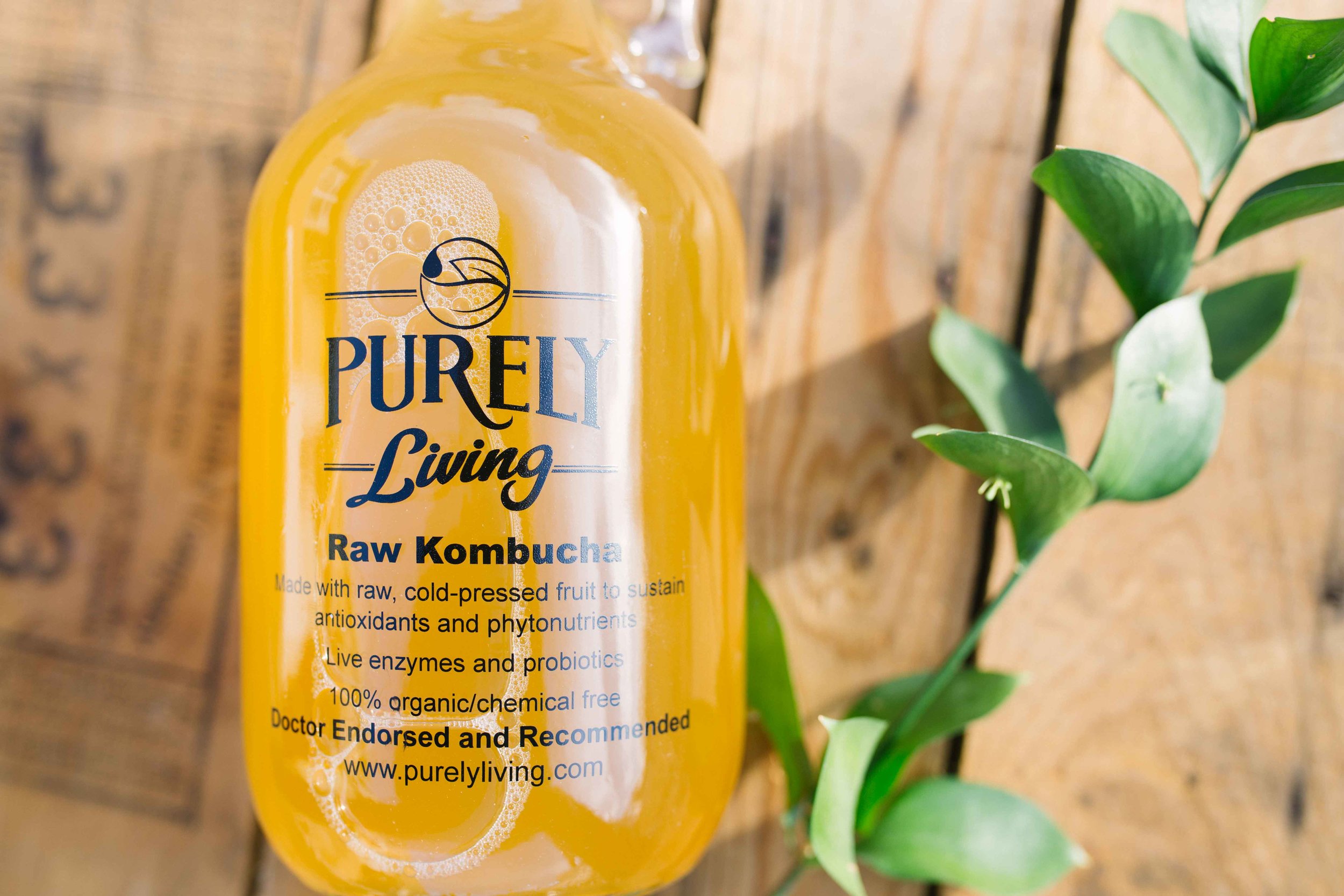Are There Toxins in YOUR Tea?
/Tea has incredible health benefits, but you may have heard that tea can be a source of toxins. However, not all teas are the same. How can you find a tea that is safe?
Tea is an incredibly healthy food. It is found to not only be high in antioxidants, but studies have found that it may help with cancer, heart disease, diabetes, weight loss, lower cholesterol, and mental alertness. Tea also appears to have antimicrobial qualities in which studies show tea my help to fight bacteria, fungi, and viruses. Many studies have confirmed tea to be highly beneficial. Unfortunately, other studies have revealed tea to contain toxins.
What kind of toxins have been found in tea? Past studies found tea to contain cadmium, arsenic, lead, and aluminum. One study done found lead and aluminum in teas including organic. With the highest lead and aluminum content found in Oolong tea and the second highest aluminum content found in black tea. Another study found Chinese green tea to be the highest in total heavy metals. The highest levels were found in the lower quality, older teas which can build up higher levels of metal over time. In addition, neglected grounds and crops have bushes that are not properly maintained allowing tea leaves to touch the ground absorbing additional metals and bacteria directly onto the leaves. High quality, more expensive teas source their tea from clean crops using young, top leaves. Low quality teas use as much of the leaves as possible including the older leaves and is processed mechanically. These teas may not only have the toxins from the ground but may also contain the dirt itself.
Testing on non-organic teas also revealed very high pesticides in many of the popular brands of teas on the market. This includes teas advertised to be healthy and natural.
In addition, many tea companies use artificial and “natural” flavorings and coloring. Even organic teas can contain unhealthy, toxic flavorings and still be labeled organic as long as the non-organic ingredients do not total more than five percent of the product. Teas may also use spices for flavoring. Spices were found to be high in pesticides and contaminated with insects, mold, yeasts, bird droppings, and pathogens like salmonella. For additional information on these findings, click here.
Teas are also found to have added GMO ingredients. This includes modified corn starch and soy lecithin (most corn and soy are genetically engineered unless organic).
Besides the toxins in the tea, tea bags can be made of PLA (polylactic acid) which is corn-based and most likely a GMO product. Some tea bags are also made from plastic, such as nylon, thermoplastic, PVC or polypropylene. Paper tea bags are often treated with epichlorophydrin, which can turn into a carcinogen when in contact with water. And who knows what’s in those staples? Boiling this bag of chemicals is definitely an unhealthy choice. Using loose leaf tea will eliminate these issues.
How can you be assured that your tea is safe? China’s response to years of negative press about shady quality has been to convert many operations to organic to show growth and competitiveness in the industry. Fortunately, in recent decades, China has significantly increased their reporting requirements for exporting food products out of their country. Specifically, they now require a two-week government-run screening period for all products to be tested for food safety and purity (micro testing, heavy metals and basic pesticide screening) before it can ship out of the country.
Is your tea traceable? In addition to the standard testing run on teas, it is important that your tea is traceable, this helps to assure you know where your tea comes from and the details of that particular farm and crop. It is important that these farms are clean and are maintaining accurate testing and records with detailed information. This ensures accountability with the farmers.
How to increase tea benefits. Tea studies show tea can be very high in antioxidants. What better way to increase these antioxidants but by fermentation. Research shows fermentation increases availability of antioxidants. For further research information, click here. Kombucha, a fermented tea, can be a great way to receive increased benefits from loose leaf tea. However, it is vital that your tea comes from a reputable, traceable source. A company that sources directly from a reputable importer is Purely Living Kombucha. Their importer sources only from trusted farmers known and tested to have safe tea along with long term partnerships. Furthermore, additional testing is done along with visits to the farms on a regular basis to perform their own audits of the facilities making teas. In addition, all suppliers must be able to provide a full report from CIQ (China Inspection and Quarantine). Their importer also has careful monitoring of new developments at origin, and the ability to support higher quality standards. This importer has highly detailed information and can offer a degree of transparency and traceability not available when intermediaries are involved.
It is important to be educated consumers and make our food suppliers accountable. Consumers demanding to know how and where your food is sourced will require suppliers to increase quality and testing standards. Buying from these reputable suppliers will help eliminate dangerous foods that can damage the health of adults and children and give further assurance to our future generations.
http://www.collective-evolution.com/2013/10/26/whats-in-your-mug-the-toxic-truth-about-tea/
https://foodbabe.com/do-you-know-whats-really-in-your-tea/
https://www.ams.usda.gov/grades-standards/organic-labeling-standards
http://naturallysavvy.com/eat/spicy-shocker-you-will-not-believe-what-s-in-conventional-spices
https://www.fda.gov/Food/FoodScienceResearch/RiskSafetyAssessment/ucm487954.htm
https://labdoor.com/article/can-organic-tea-cause-heavy-metal-poisoning
https://www.researchgate.net/publication/26562854_Heavy_Metal_Contents_in_Tea_and_Heb_Leaves
https://www.hindawi.com/journals/jt/2013/370460/
https://www.eatgreentea.com/tea-benefits/anti-bacterial/green-tea-is-antimicrobial/











